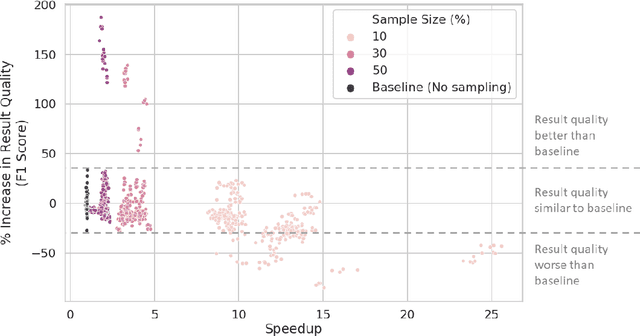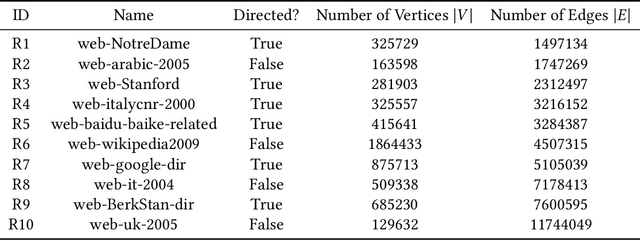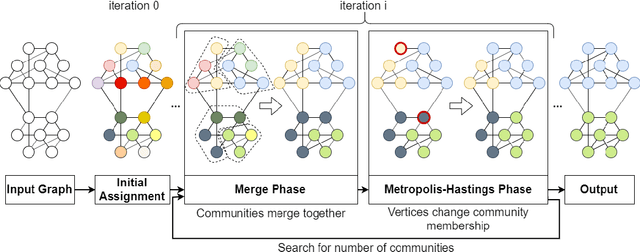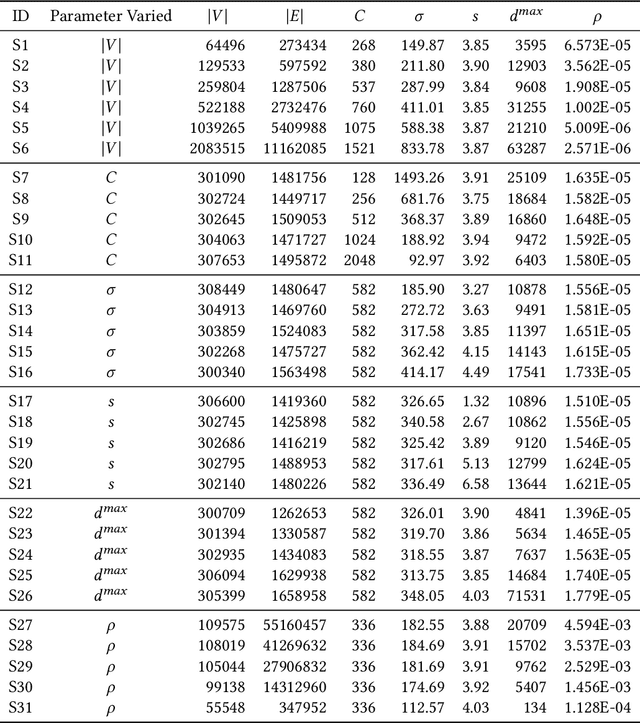Topology-Guided Sampling for Fast and Accurate Community Detection
Paper and Code
Aug 15, 2021



Community detection is a well-studied problem with applications in domains ranging from computer networking to bioinformatics. While there are many algorithms that perform community detection, the more accurate and statistically robust algorithms tend to be slow and hard to parallelize. One way to speed up such algorithms is through data reduction. However, this approach has not been thoroughly studied, and the quality of results obtained with this approach varies with the graph it is applied to. In this manuscript, we present an approach based on topology-guided sampling for accelerating stochastic block partitioning - a community detection algorithm that works well on graphs with complex and heterogeneous community structure. We also introduce a degree-based thresholding scheme that improves the efficacy of our approach at the expense of speedup. Finally, we perform a series of experiments on synthetically generated graphs to determine how various graph parameters affect the quality of results and speedup obtained with our approach, and we validate our approach on real-world data. Our results show that our approach can lead to a speedup of up to 15X over stochastic block partitioning without sampling while maintaining result quality and can even lead to improvements of over 150% in result quality in terms of F1 score on certain kinds of graphs.
 Add to Chrome
Add to Chrome Add to Firefox
Add to Firefox Add to Edge
Add to Edge